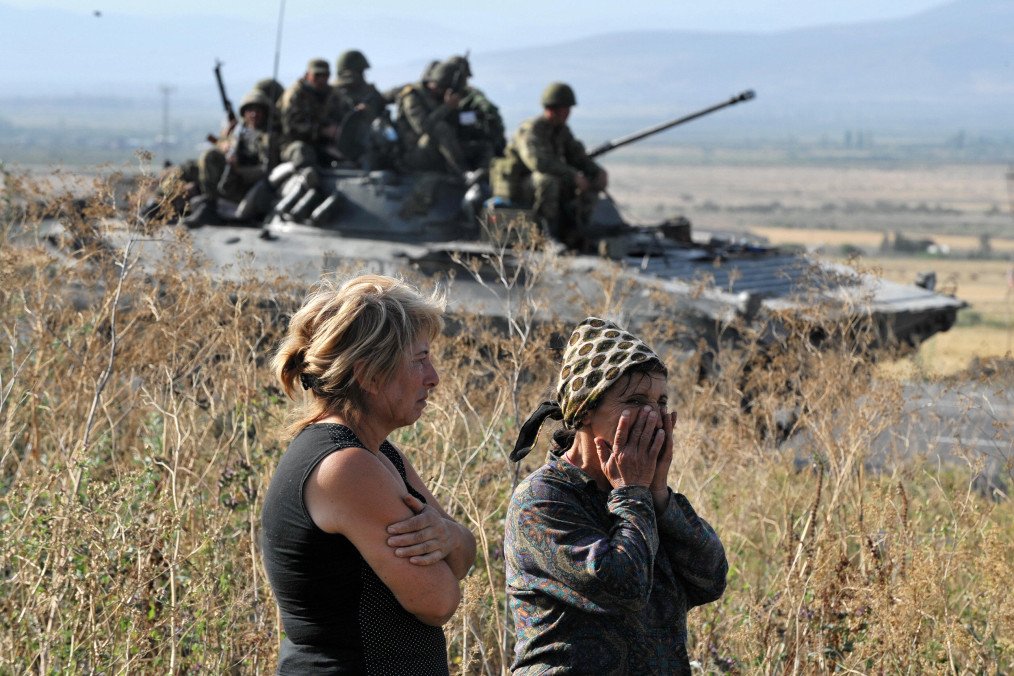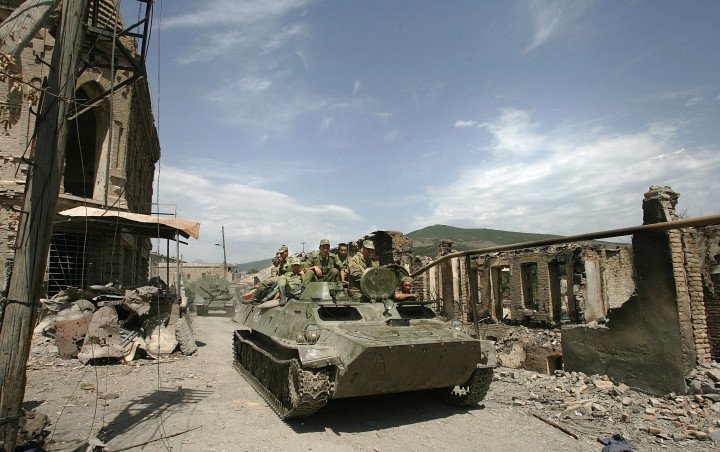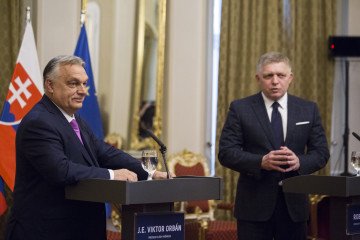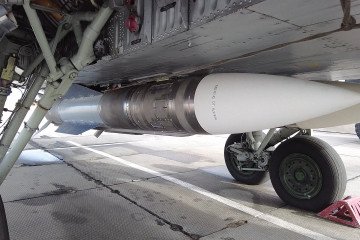- Category
- Latest news
Sixteen Years On, Ukraine Highlights Persisting Russian Imperialism in Georgia and Beyond

August 8, 2024, marks 16 years since Russia’s military aggression against Georgia. To commemorate this, the Ukrainian Ministry of Foreign Affairs has issued a statement emphasizing the persistence and unchanging nature of Russian imperialist policies.
The statement notes that the Russian aggression in 2008 led to the occupation of Abkhazia and the South Ossetian region (Tskhinvali Region), transforming these Georgian territories into zones with legal and social issues. “The so-called 'borderization' strategy employed by Russia represents a form of creeping annexation and is part of a broader strategy of hybrid interference,” the Ministry said. Russia continues to apply this strategy along with other forms of interference despite the cessation of active combat in August 2008.
The Ministry highlighted that “despite the end of active combat operations, Russia’s aggressive policy persists through pressure, propaganda, and other methods of intervention.” Ukraine calls on Russia to withdraw its troops from Georgian territories in accordance with the 2008 ceasefire agreement and to revoke its recognition of Abkhazia and South Ossetia as independent states.

The statement also discusses how Russian imperialism, manifesting in the South Caucasus, Central Asia, and Europe, is rooted in deeply ingrained chauvinism and contempt for international law and borders. “Russian aggression is part of a longstanding imperial policy of Moscow that has no place in the modern world,” the Ukrainian MFA emphasized.
The Ministry urged the international community to unite in efforts to counter Russian aggression, ensure the liberation of occupied territories, and hold those responsible for crimes accountable.
In 2023, on the anniversary of Russia’s aggression against Georgia, Ukrainian President Volodymyr Zelenskyy delivered an important address. He emphasized the significance of Ukraine’s victory in halting Russian aggressive ambitions and restoring stability in affected regions such as Georgia and Moldova. “When Ukraine wins, it will not only halt the expansion of Russian aggressive appetites but also rescue other nations from Russian occupation and restore normalcy,” Zelenskyy stated. He also expressed gratitude to the Georgian people, particularly those who are fighting as part of Ukrainian defense forces: “Ukrainians stand in solidarity with the people of Georgia, and I thank all Georgian citizens who are standing with us in the fight for freedom.”
The Russian invasion of Georgia in August 2008, also known as the Five-Day War, was a brief but intense conflict that stemmed from long-standing tensions between Georgia and its breakaway regions of Abkhazia and South Ossetia. These regions had declared independence in the early 1990s, leading to prolonged and unresolved conflicts. In 2008, escalating clashes between Georgian forces and South Ossetian separatists prompted a full-scale Russian military intervention, justified by Moscow as a necessary measure to protect Russian citizens and peacekeepers in the region. The war resulted in significant casualties, widespread displacement, and the solidification of Russian control over Abkhazia and South Ossetia, leading to Russia taking control of approximately 20% of Georgia’s internationally recognized territory.
This intervention and subsequent occupation have had lasting effects, including ongoing legal and social issues within these regions, and continue to pose a significant challenge to Georgia’s sovereignty and territorial integrity. The international community has largely condemned the occupation, but efforts to resolve the situation have yet to result in any significant changes on the ground.


-72b63a4e0c8c475ad81fe3eed3f63729.jpeg)




